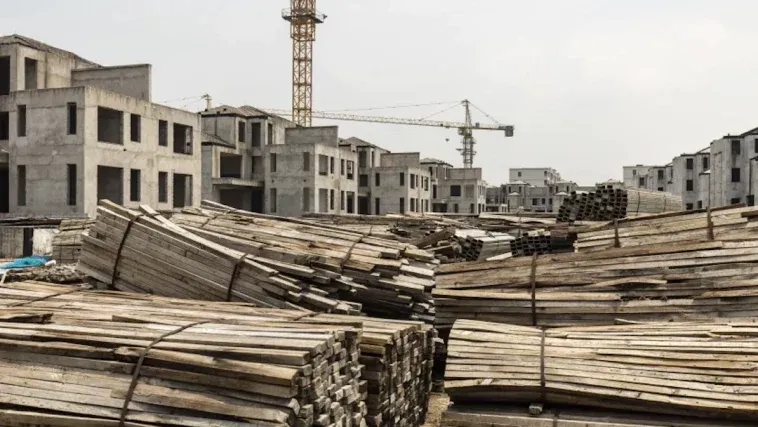(DailyWire) China’s collapsing real estate market could throw the world’s second largest economy into chaos and worsen a global economic slowdown.
Chinese developers have lost at least $90 billion in the last year, according to reporting from Bloomberg, as home prices have gone down for the last 11 months. Dozens of developers have defaulted on their debts, and many of them have stopped work on unfinished housing, which has sparked mass outrage and even protests as more than 80% of Chinese homebuyers take out mortgages and begin paying them down before their prospective home is completed.
This arrangement, which was once a source of easily accessible capital in a red-hot housing market, has left countless Chinese consumers holding the bag on half-finished homes that may never be fully constructed. Thousands of homebuyers are refusing to pay mortgages on unfinished properties in a mortgage boycott that has spread to nearly 100 cities and has affected over 320 development projects.
“It’s gotten to the point where no one is taking care of it. So we naturally also have to defend our own rights,” one boycotter, who remained anonymous to avoid retribution, told The LA Times. “If we the people are not happy, it’s difficult to have a stable society.” She also told the outlet that some homebuyers who demanded answers have been threatened or detained for their trouble.
Over half of household wealth in China is reportedly tied up in housing, so the reversal of fortunes in real estate could have wide-reaching economic consequences.
Beijing has reportedly signaled that whatever rescue efforts take place are to prioritize protecting homeowners over developers, although much of the response has been left to local governments.
“The aim of the rescue measures is to save the property market and household confidence, but not the developers,” said Gary Ng, senior economist at Natixis SA. “As it is unlikely to see significant policy changes, the golden age of fast revenue growth and high leverage for property developers is probably over.”
Other economic indicators seem quite grim. Chinese youth unemployment has reached nearly 20%, consumer confidence has hit record lows in recent months, and, in a sign that the Chinese government may believe the economy in more dire straits than they’re letting on, the People’s Bank of China (China’s central bank) has lowered interest rates while most of the world is raising them to combat inflation; inflation in China is not as severe as many other major economies, but it is still at a two-year high. Less than a week ago, Chinese state media indicated that the PBOC would prioritize combating inflation for the remainder of 2022.
Interference from Beijing has put further stress on the Chinese economy — crackdowns on private industry to combat “income inequality” and curb “unscrupulous business practices” have reportedly damaged the tech sector and private tutoring companies. China’s aggressive “zero-covid” lockdowns continue to disrupt day-to-day life for millions of its citizens and have created widespread despair and uncertainty. Efforts to increase economic investment via greater liquidity may fall flat when Chinese consumers are increasingly determined to save whatever money they can rather than spend it.






